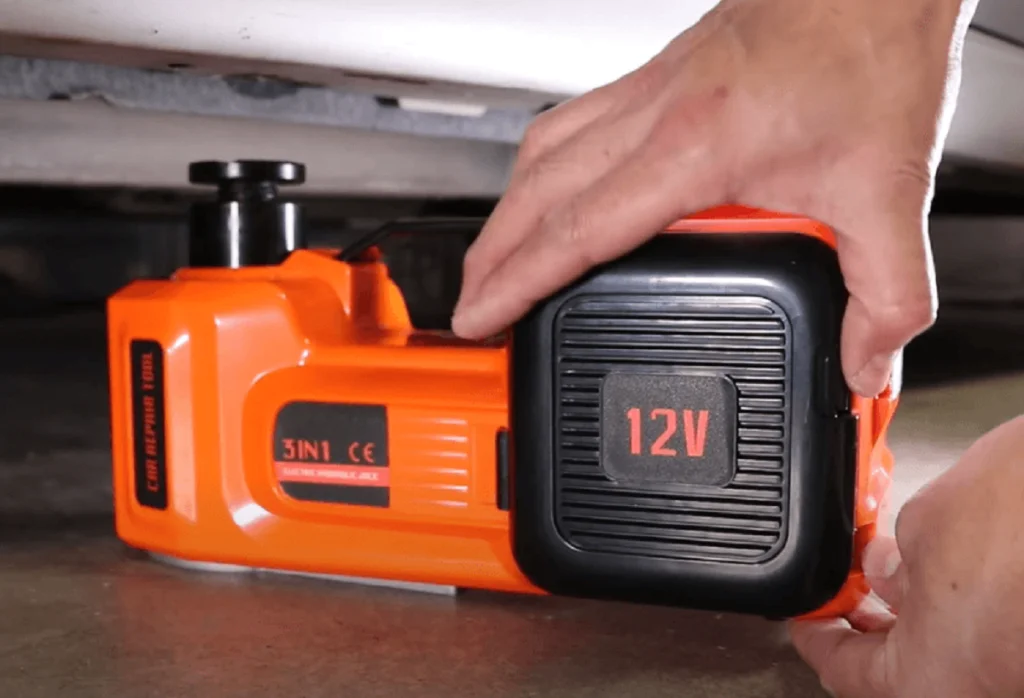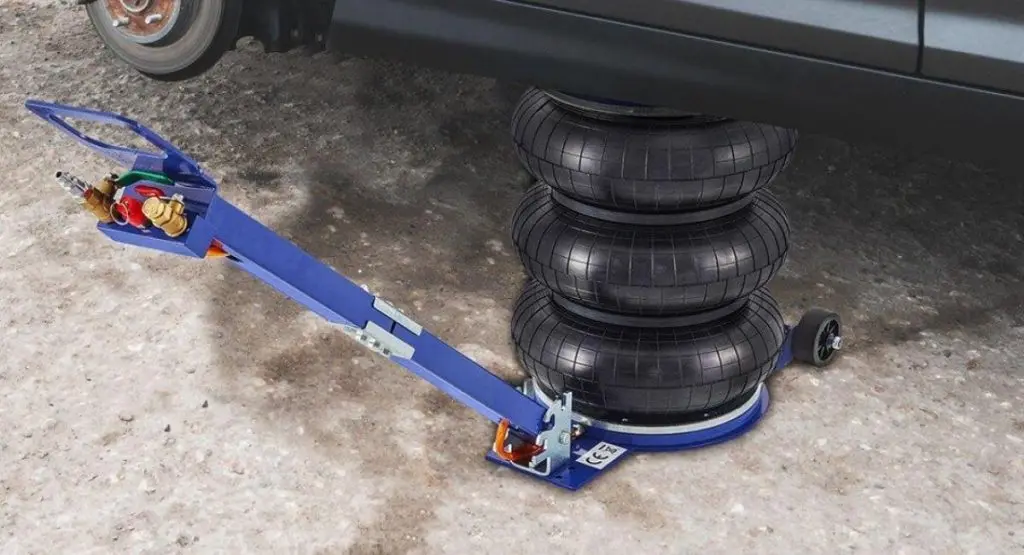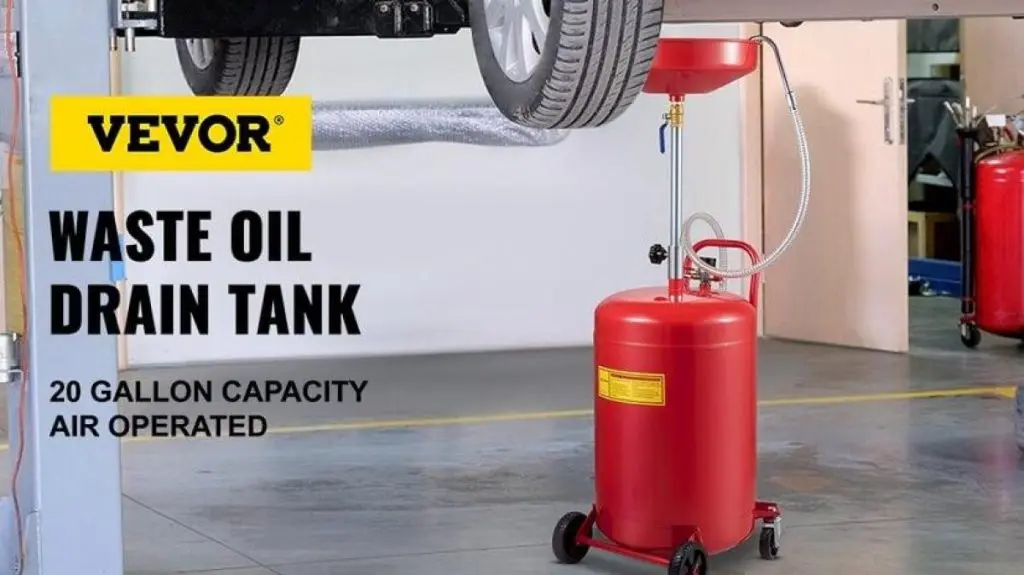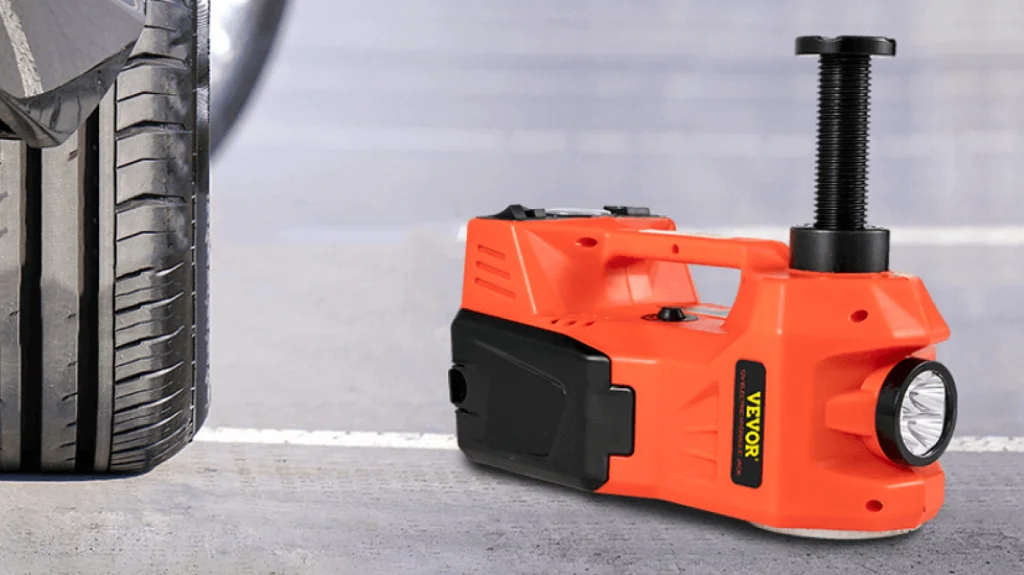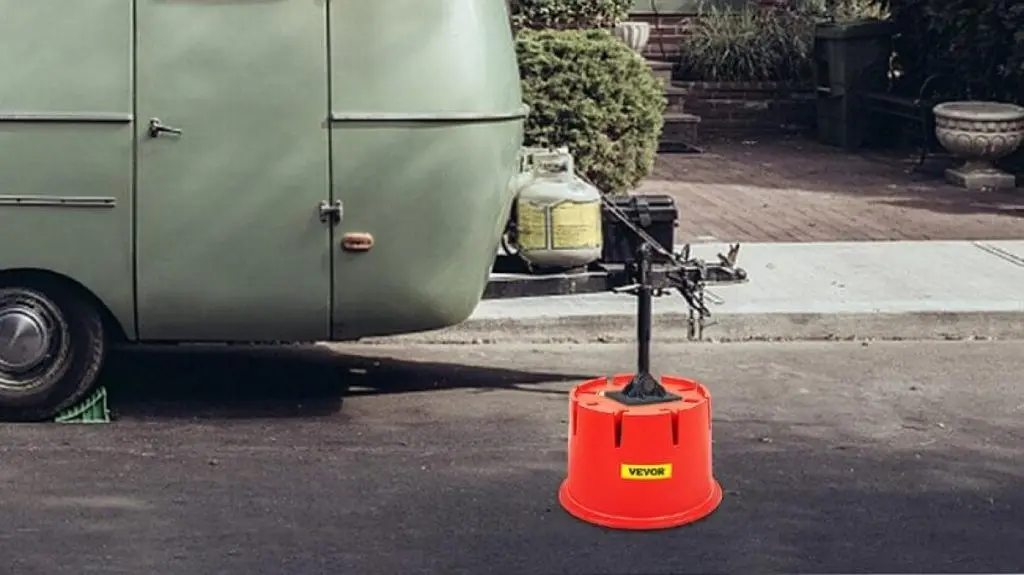All those blogs on Google and videos on YouTube have made us self-sufficient in many tasks. Where these informational snippets have made DIY solutions convenient, they have confused us as well.
Let’s consider cars and their spare parts, especially car jacks. In today’s age, a car owner can find unlimited ideas to experiment with their vehicles and understand them better. How can one determine the appropriate type of car jack that meets their requirements?
This article attempts to address this query at length by listing different types of car jacks and their usage. Not only will this guide help you choose a suitable option, but it will also provide you with tips to maintain it.
Table of contents
Understanding Different Types of Car Jacks
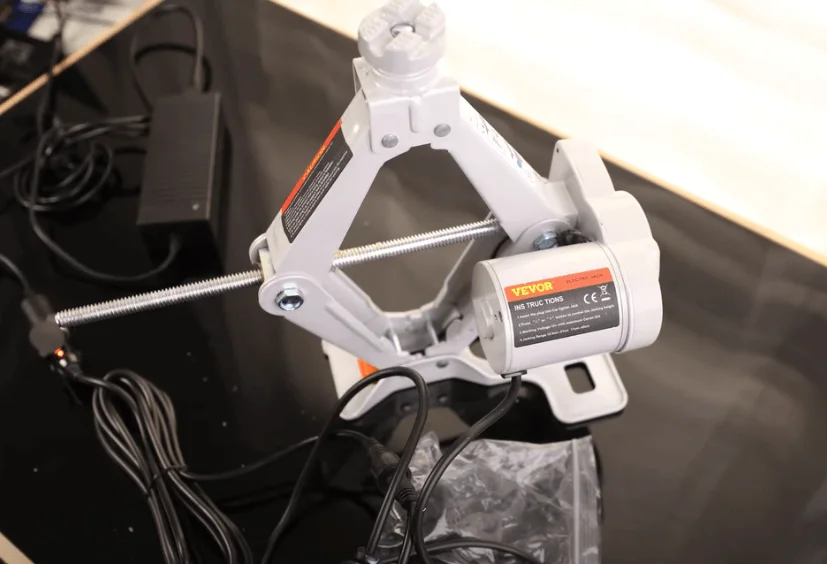
Even though the main purpose of every car jack is to lift the vehicle from the ground, they are available in various forms. Some are mechanical and use a lever or screw to operate, whereas some hydraulic ones use a hydraulic cylinder to apply pressure and lift a car. Then there is this new category of car jacks that uses a motor to supply power to raise the vehicle; electric jacks.
Here is a list of four types of car jacks that are famous among car owners these days:
Floor Jacks: Robust and User-Friendly
Floor jacks, a sub-category of hydraulic jacks, are most famous among home garage owners.
They sit low to the ground and have wheels for easy mobility. Moreover, they are quite portable, as they fight into any car perfectly. Besides, this type of car jack has automatic locking brakes that make it convenient for use on dirt or gravel.
Bottle Jacks: Compact Powerhouses
Another type of hydraulic jack, the bottle jack, works like a floor jack. However, they can lift greater loads, somewhere between three and fifty tons, and are famous for their affordability. Bottle jacks often come with an extension screw and saddle. The extension screw allows for additional height adjustment, and the saddle is the point of contact with the load.
Usually, you will find them in automotive repair shops and garages and for emergency roadside assistance.
Scissor Jacks: Portable and Affordable
The one type of car jack that you will find in every garage is a scissor jack. Due to their lightweight and portability, auto manufacturers often include them with new cars. The best thing is that they demand low maintenance and relieve you of worries about fluid leakage, unlike hydraulic jacks.
Farm Jacks: Versatile and Heavy-Duty
Most people use the high-lift jacks, also known as farm jacks, for off-roading and lifting farm equipment. They are versatile tools that can be used for a variety of purposes on the trail, including recovery, tire changing, winching, pulling, and clamping.
You might not find them in a usual garage because they are not everyday tools.
Specialty Car Jacks: Broadening Your Options
If you are looking to handle tasks beyond the scope of standard car jacks or lifting equipment, consider specialty jacks:
Air Jacks: For the Heavy Lifting
Air jacks are pneumatic lifting devices that use compressed air to lift heavy loads, making them suitable for various applications, especially in professional automotive and industrial settings. While air jacks are generally larger and heavier than some other types of car jacks, they still offer high portability.
Ratchet Jacks: Precision Lifting
Mechanics use ratchet jacks to elevate, support, or heavy loads. These jacks feature a ratchet mechanism enclosed within a steel housing that contains a threaded rod or screw.
Car owners can manually operate the jacks by rotating the handle, which moves the threaded rod or screws upward or downward, allowing for controlled elevation or descent and making it suitable for precision lifting.
Rolling Jacks: The Professional’s Choice
Mechanics in garages and service centers often use rolling jacks because they provide the best support to lift your vehicles. Their bases have wheels and lifting arms that position themselves under a car chassis or frame. They use hydraulic or pneumatic systems to raise a vehicle for repairs, maintenance, or inspection.
Choosing the Right Car Jack for Your Needs
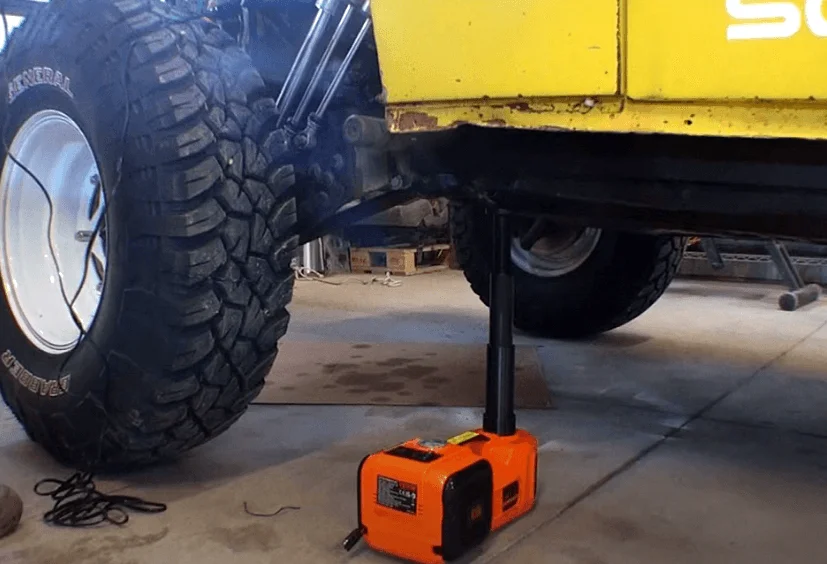
Here are several factors to consider when making a decision to pick the right type of car jack:
- The weight and type of your vehicle to prevent damage to the car or the jack itself
- Consider ease of use, lifting capacity, and the specific application for which you’ll use the jack, for instance, tire changes, maintenance, etc.
- If you plan to carry the jack in your vehicle, consider its size, weight, portability, and ease of storage.
Safety and Maintenance Tips for Car Jacks
Here are a few essential tips for using car jacks to prevent accidents, injuries, and damage to the vehicle:
- Avoid overloading the jack, as this can lead to failure and cause the vehicle to fall.
- Follow the manufacturer’s guidelines for lubrication of moving parts to maintain smooth operation and prevent rust and corrosion.
- Never use makeshift extensions or modifications that the manufacturer does not approve of, as they can compromise the jack’s stability and safety.
FAQs about Different Types of Car Jacks
Can you lift any cars using a car jack?
It’s essential to choose a car jack with a weight capacity that matches or exceeds the weight of the vehicle. It is particularly important for larger or heavier vehicles like SUVs, trucks, or vans. Always refer to the manufacturer’s guidelines to ensure compatibility before using the jack.
What is the best location to place a car jack?
When changing car tires, an effective method involves lifting the vehicle either near the front or rear wheels rather than raising the entire car all at once.
Is it safe to use a jack to lift your car?
Car jacks are generally safe to use, especially when used correctly and on stable surfaces. However, it’s vital to follow safety guidelines, use additional support like jack stands, and avoid placing oneself under a vehicle supported only by a jack for safety reasons.
Summing Up
The right type of car jack is critical for the safety and efficiency of your automotive maintenance tasks. So, consider your vehicle’s needs and the versatility of the jack in comparison. Prioritize safety features, ease of use, and proper maintenance to ensure longevity and reliable performance.
Whether you’re a DIY enthusiast, a professional mechanic, or involved in industrial applications, VEVOR has amazing products to suit your needs and your budget. Don’t miss out on our range and empower your project with just the right tools!

